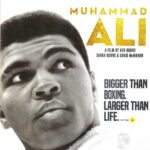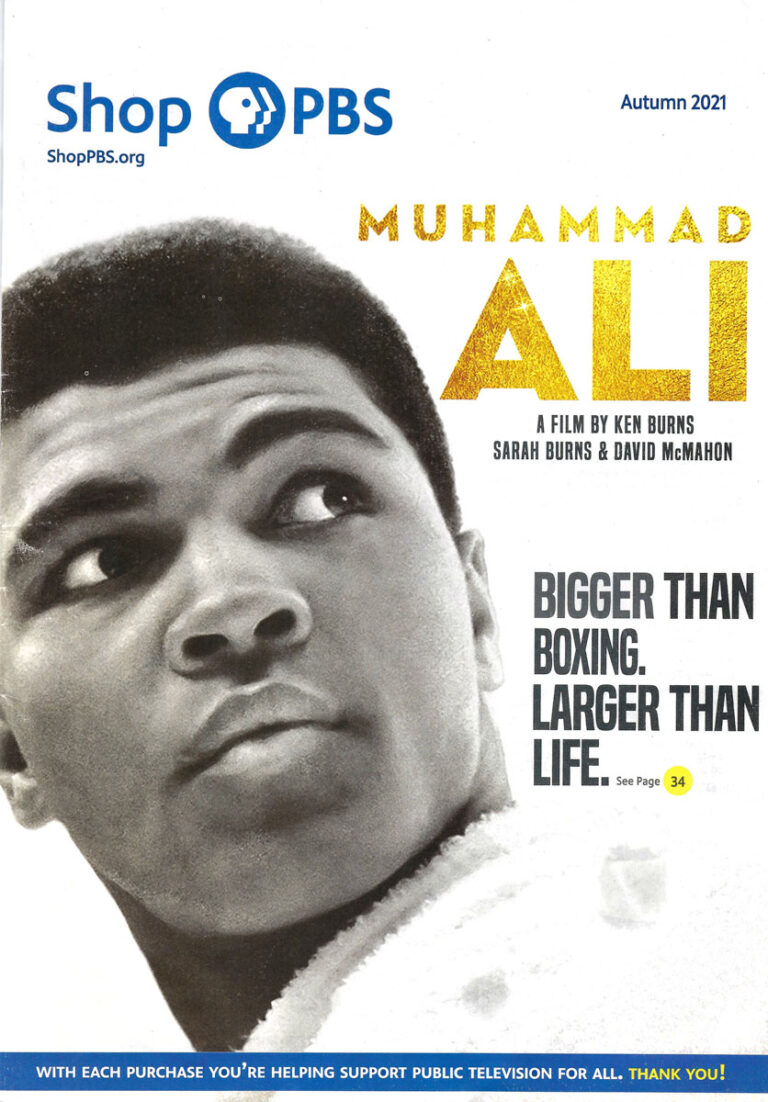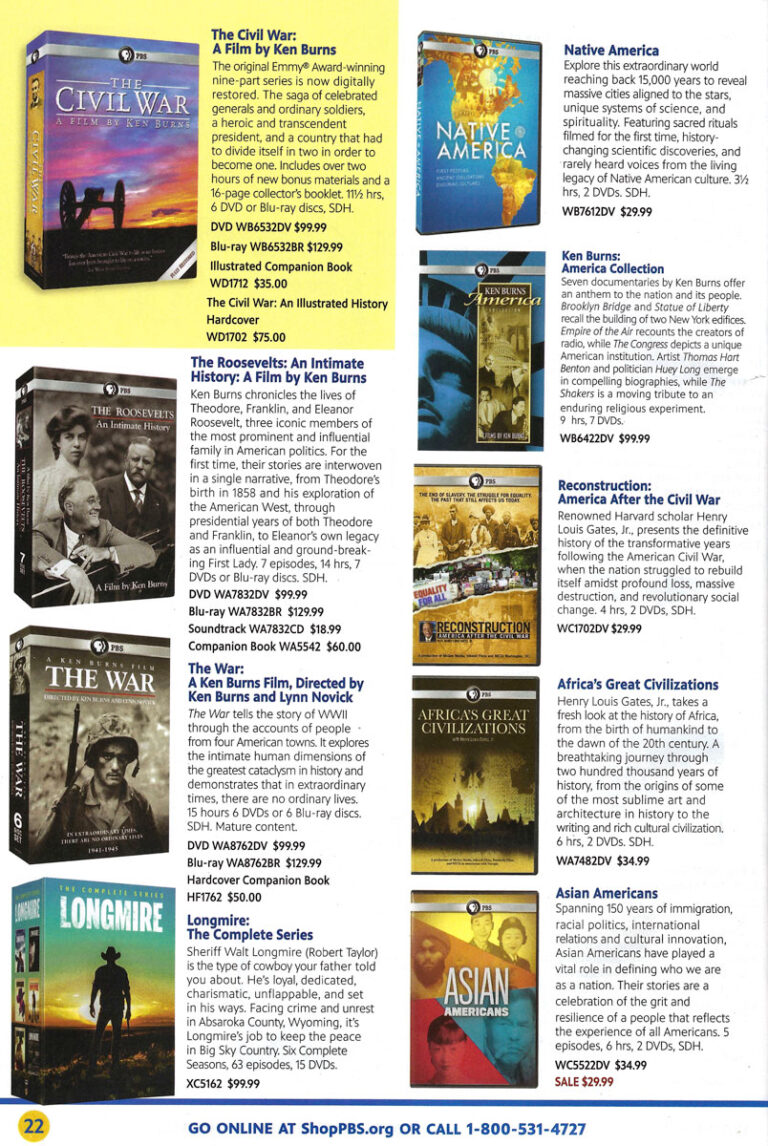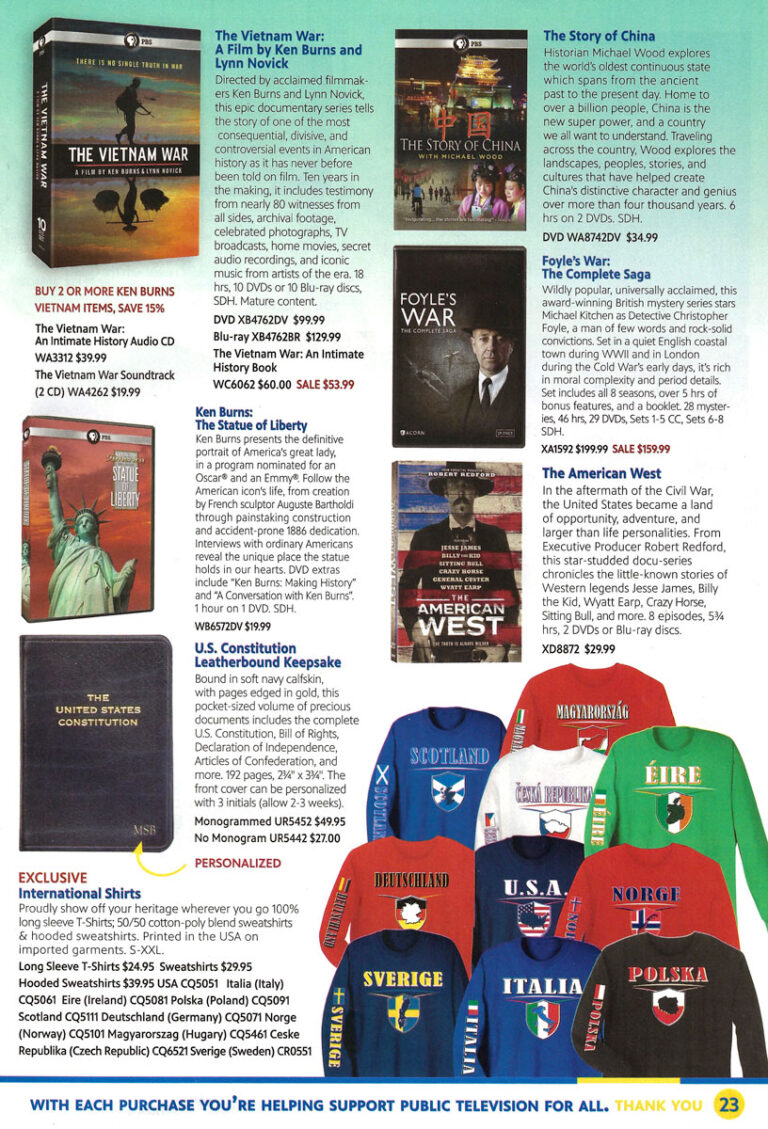As you’ve heard throughout the series, countless BIPOC creators have dedicated themselves for decades to keeping PBS’s mission and relevance on track. Many people working within the system have done the same. With so many wanting to see PBS thrive, what’s holding it back? In our fifth episode, we dig into two essential components for delivering on long-overdue change in public media: data transparency and accountability. We speak to Dacia Mitchell, Director of Diversity, Equity, & Inclusion at San Francisco’s KQED, about the necessity of white leaders and media makers moving through their fear and discomfort in order to actively dismantle systemic racism. We hear from Representative Joaquin Castro on why public TV has to be front and center in terms of combating cultural exclusion in media. Darnell Hunt, Dean of Social Sciences at UCLA, shares some revealing data about PBS scripted dramas. Richard Jean So, a professor at McGill University who’s studied racial inequities in the publishing industry, guides us on taking data collection into our own hands. Plus, we embark on our own not-so-scientific study using an official PBS publication: the Shop PBS catalog.
Pages displaying merchandise featured in the Shop PBS autumn 2021 catalogue.
Show Notes
KQED Diversity Equity and Inclusion Report, Oct 15, 2021, courtesy of Dacia Mitchell
“Here’s what comes next for Kyle Rittenhouse,” by Steve Almasy, November 19, 2021, CNN.
Following the verdict, David Hancock, spokesperson for the family of Mr Rittenhouse, said:
“[…] this is an inflection point, I think, for the country to look at the way things have been handled. Things have gone off the rails in relation to who Kyle is and why he was down here. It’s never been about politics. It’s not about race. This is about a young man who fled and felt as if his life was in danger and defended himself.”
Contact Joaquin Castro, Congressman for the 20th District of Texas
Rep. Joaquin Castro speaks at the National Press Club about the representation of Latinos in Hollywood and media (remarks begin at 18:38)
Guest Column by Rep. Joaquin Castro: “Latinos Love Hollywood, but Hollywood Hates Latinos,”
August 18, 2020, Variety
The Hollywood Diversity Report series of annual reports, via the Division of Social Sciences at UCLA. The reports primarily examine the relationship between diversity and the bottom line in the entertainment industry.
“Just How White Is the Book Industry?” by Richard Jean So and Gus Wezerek, December 11, 2020, The New York Times
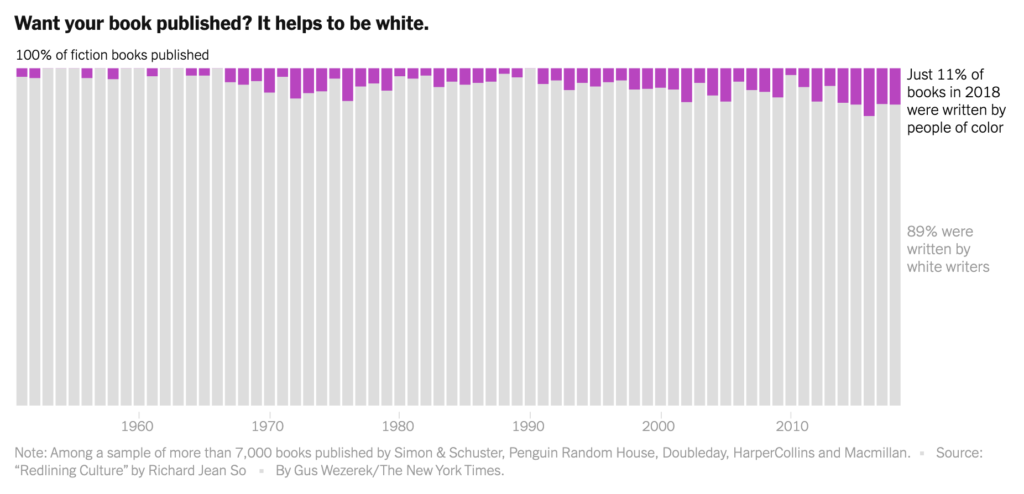
Richard Jean So’s Redlining Culture: A Data History of Racial Inequality and Postwar Fiction, published by Columbia University Press in December 2020—in particular, Chapter 1, focused on whiteness and the publishing industry. Richard serves as assistant professor of English and cultural analytics at McGill University.
Double Exposure Film Festival’s October 2021 panel, “Beyond Inclusion: Challenging Entrenched Institutions,” featuring Jennifer 8. Lee, Richard Jean So, Grace Lee, and Sabrina Schmidt Gordon
Watch a video excerpt via our Press Page
Shop PBS:
https://shop.pbs.org/
and
https://shop.pbs.org/shows/shows-ken-burns?ipi=subcms_KenBurns_11.3.20

